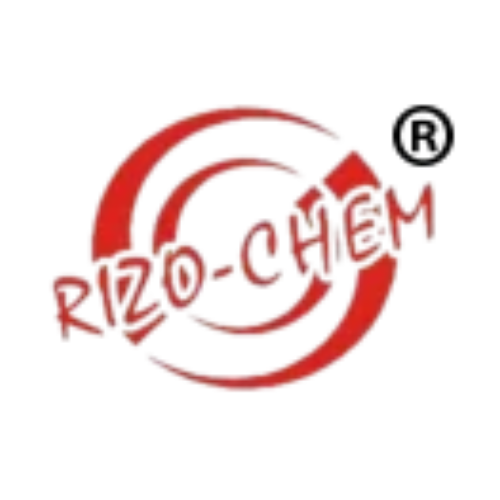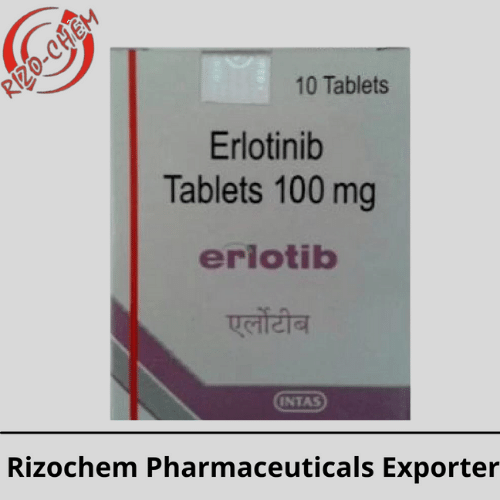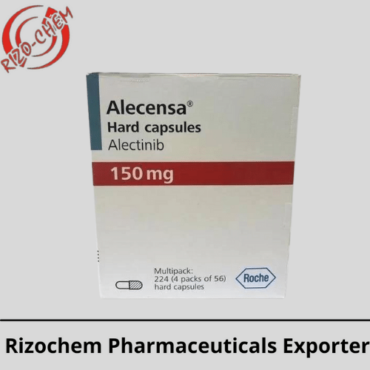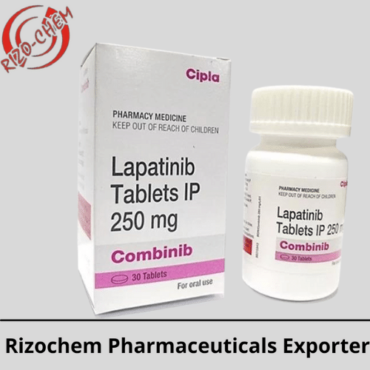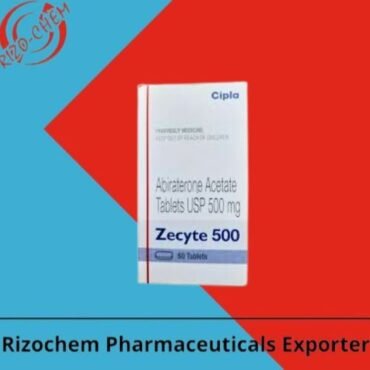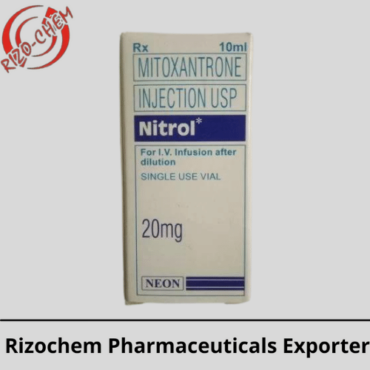Erlotinib 100mg Tablet Erlotib
Trade Name: Erlotib
Manufacturer: Intas Pharmaceuticals Ltd
Presentation: Tablet
Strength: 100mg
What is the purpose of Erlotinib 100mg Tablet?
Erlotinib 100mg Tablet is a drug that is used to treat certain types of non-small cell lung cancer that have progressed to neighboring tissues or other sections of the body in patients who have failed to respond to at least one other chemotherapy
medicine. How much does erlotinib cost?
Depending on the drugstore you visit, erlotinib oral tablet 25 mg costs roughly $1,388 for a supply of 30 tablets. Prices apply solely to cash-paying customers and do not apply to insurance plans.
How long does erlotinib take to take effect?
In the fraction of individuals with EGFR mutations, Erlotinib 100mg Tablet Erlotib is quite successful. However, after around 12 months of erlotinib therapy, even these patients will begin to show signs of cancer progression.
What is the most prevalent erlotinib adverse effect?
Diarrhea, dry skin, muscle/joint pain, mouth sores, odd eyelash development, or dryness/redness/irritation of the eyes are all possible side effects. Diarrhea can be very unpleasant. Your doctor may recommend medicine to alleviate diarrhea in some circumstances.
What are the Erlotinib 100mg Tablet Erlotib side effects?
- Consequences
- Hands, arms, feet, or legs burning, tingling, numbness, or pain.
- Coughing or hoarseness are two common symptoms.
- (severe) diarrhea; difficult or laborious breathing
- The symptoms of a fever include a temperature and chills.
- rash (severe) pins and needles sensation
- piercing pain in the chest. For more details Click Here.
What is erlotinib and how does it work?
Erlotinib is a drug that is used to treat metastatic (or advanced) non-small cell lung cancer in individuals who have certain types of aberrant epidermal growth factor (EGFR) gene mutations. Before you start using this prescription, your doctor will do a test.
What causes erlotinib resistance?
T790M mutation emergence is the most common cause of acquired resistance; roughly 50% of NSCLC patients develop resistance to TKIs [31, 32]. T790M may develop resistance to EGFR-TKIs by increasing the affinity for ATP
Erlotinib is given in a number of ways.
The daily dose of TARCEVA for NSCLC is 150 mg, administered on an empty stomach at least one hour before or two hours after eating. The treatment should be continued until the disease progresses or there is intolerable toxicity.
If you are looking for another product or brand click here.
